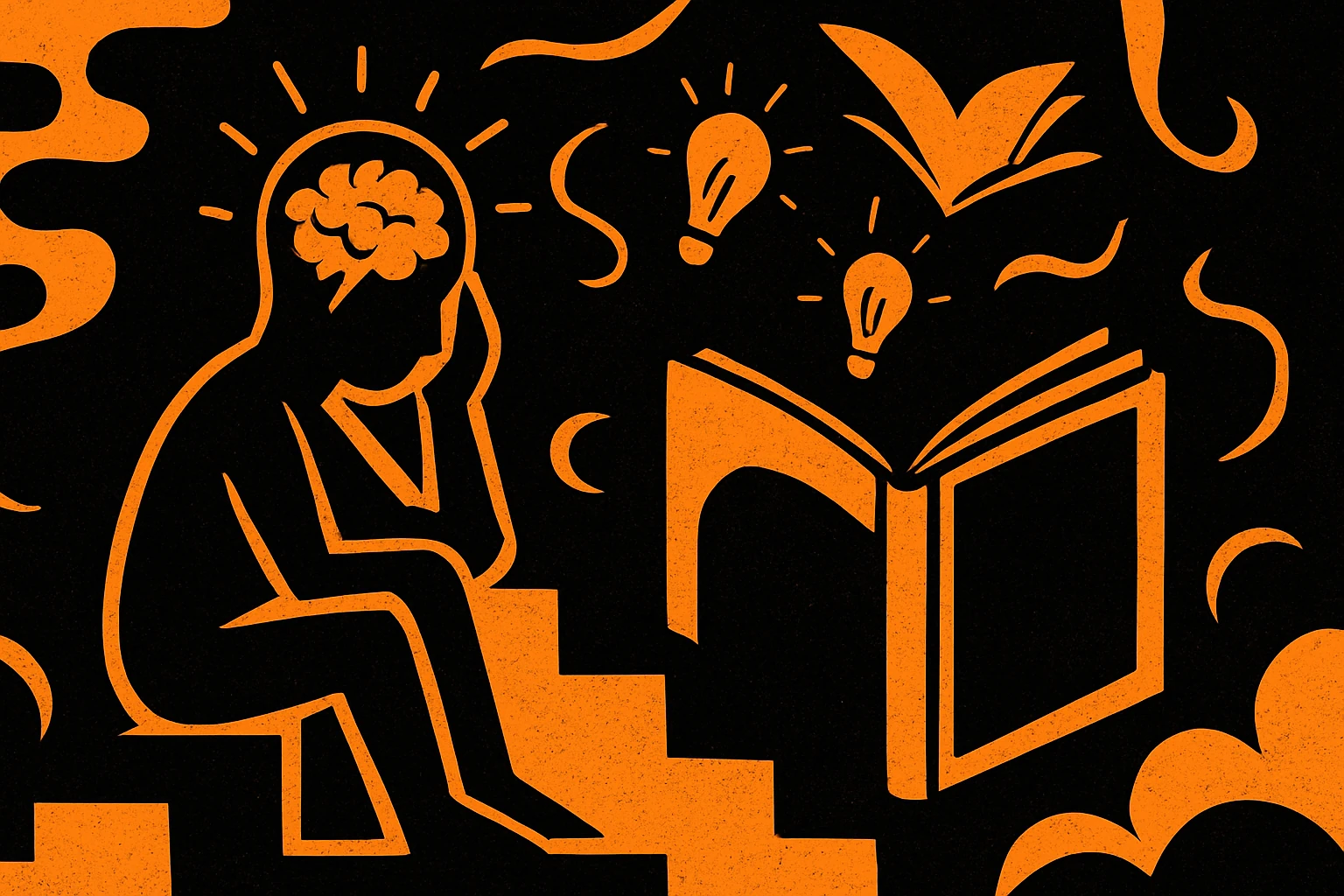When work becomes scarce: Envisioning a world without traditional jobs
The world is on the cusp of a historic shift driven by automation and artificial intelligence. If the 20th century molded human identity around the "job" as a source of income and social status, the 21st century is threatening this concept at its roots.
From the Industrial Revolution to the Algorithm Revolution
Historically, every industrial revolution has brought disruption but also created new jobs. What is unique about the current revolution is that machines and algorithms are not only replacing some jobs, but threatening to turn labor into a scarce resource. McKinsey reports that 400-800 million jobs could disappear globally by 2030, equivalent to one-fifth of the world's labor force.
Market shifts and new work
Routine tasks, whether in factories or offices, face the greatest threat. In the US alone, more than 3.5 million truck drivers could be affected by autonomous driving. But the picture is not entirely bleak. The World Economic Forum predicts that digital transformation will generate some 78 million new jobs by 2025, in fields such as data analytics, information security and digital marketing.
The social dimension
The loss of jobs does not only mean a loss of income, but a threat to the very fabric of society. The middle class in the United States has shrunk from 61% in 1971 to 50% in 2021, a decline that researchers have linked to automation and the widening gap between owners of capital and workers. There is also the threat of a "digital divide" between those with and without technical skills, which could create a completely marginalized class.
The economic dimension
The biggest challenge is the "productivity paradox": Global productivity could rise by $15.7 trillion by 2030 thanks to AI, but this wealth could be concentrated in the hands of the few who own the technology. Some propose solutions such as a "robot tax" or a "universal basic income" as a way to ensure a fair distribution of benefits.
Future scenarios
The paper sketches three possible paths:
An optimistic scenario: Technology creates new creative jobs and shrinks working hours.
Pessimistic scenario: Mass unemployment and the emergence of a "useless class".
Compromise scenario: Redefining work to include unpaid activities such as care and creativity, with financial support to ensure a decent life.
Bottom line: 🔑
We are facing not just a jobs crisis, but a moment to rewrite the "social contract" between humans and labor. The future may be a world without traditional jobs, but it is not necessarily a world without meaning.
Can you believe that 800 million jobs could disappear by 2030 due to AI?
When the machine works non-stop... humans have to redefine themselves.

Comments